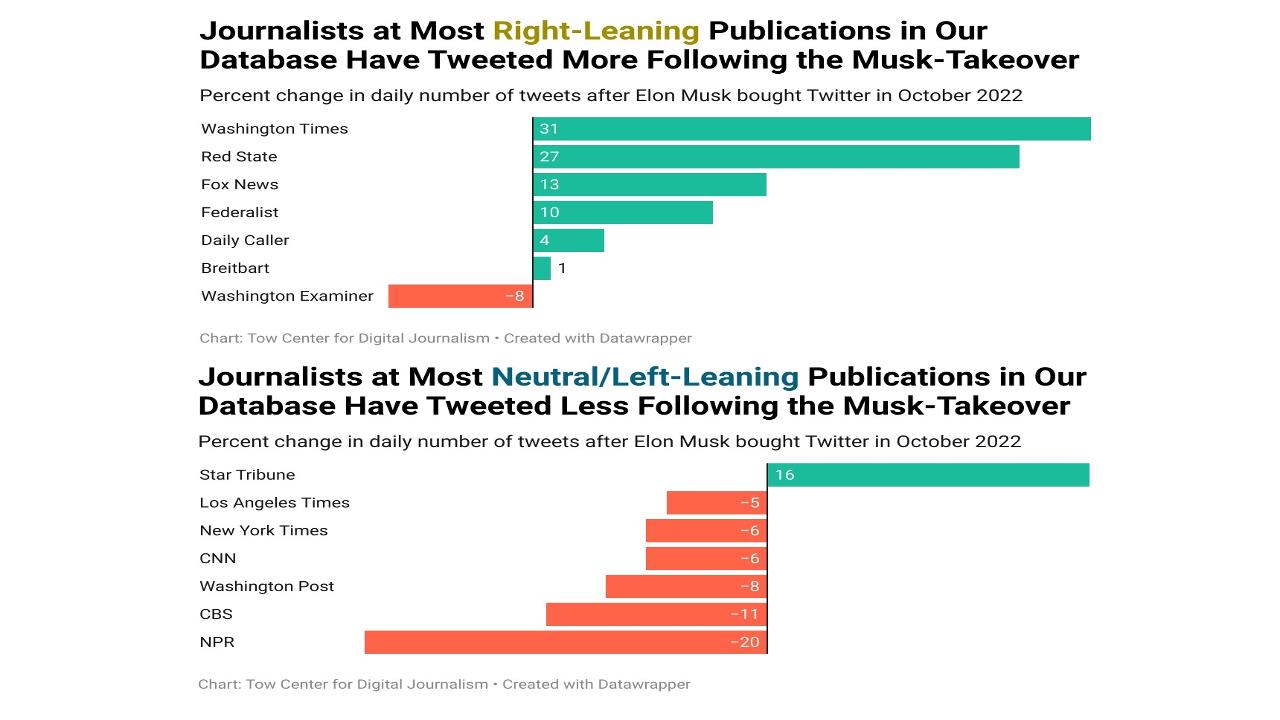Video:
Take our online poll:
AI Analysis:
A journalist's political leanings can influence their reporting to some extent, but ethical journalism should prioritize accuracy, fairness, and objectivity in presenting information. Here's how political leanings might impact reporting:
Bias in Reporting: Journalists with strong political leanings might inadvertently introduce bias into their reporting. This bias can manifest in story selection, tone, language used, and the framing of issues.
Selection of Stories: Left-leaning journalists might prioritize stories that align with liberal viewpoints, while right-leaning journalists might focus on issues more relevant to conservative perspectives. This can affect the diversity of coverage and the representation of different viewpoints.
Framing and Interpretation: The way information is presented, the choice of sources, and the emphasis placed on specific aspects of a story can be influenced by a journalist's political beliefs. This can potentially lead to a skewed representation of events or issues.
Audience Perception: Journalists' political leanings might affect how their reporting is received by different audiences. Consumers of news often seek information that aligns with their own beliefs, and biased reporting may reinforce preexisting opinions rather than providing a balanced view.
However, professional journalists strive to maintain objectivity and adhere to ethical standards, regardless of their personal beliefs. Ethical journalism aims to present accurate, balanced, and fair information. Journalistic integrity involves fact-checking, seeking diverse perspectives, avoiding conflicts of interest, and disclosing biases when necessary.
While a journalist's political leanings may influence their approach to reporting, ethical journalism requires a commitment to truthfulness, transparency, and providing audiences with a comprehensive understanding of the issues being covered, irrespective of personal beliefs.
Chart:

References:


Comments